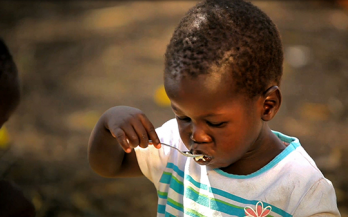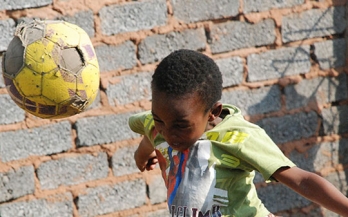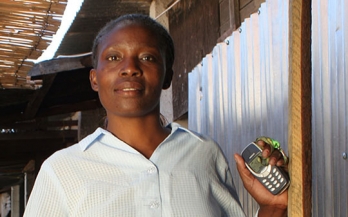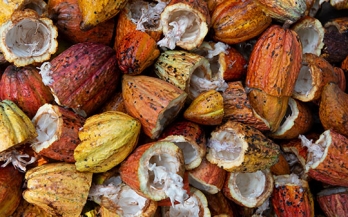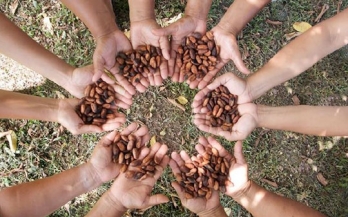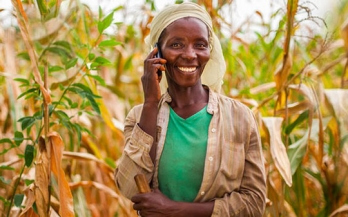The efficacy of a number of interventions that include fortified complementary foods (FCFs) or other products to improve infant and young child feeding (IYCF) is well established. This article reviews key findings from 11 coverage surveys of IYCF programs distributing or selling FCFs or micronutrient powders in 5 countries.
The work reported here assesses the coverage achieved by two sales-based approaches to distributing a complementary food supplement (KOKO Plus™) to infants and young children in Ghana.
Osgood-Zimmerman and colleagues just published an article in Nature that, for the first time, provides high-resolution maps of child growth failure (stunting, wasting, and underweight) across Africa. They mapped data from over 1 million children from 51 countries at a 5×5 km resolution as well as at the largest administrative subdivision from 2000 to 2015.
The overall aim of the survey was to generate data to assess the project performance in terms of household coverage, utilization and population reach of fortified wheat flour products, vegetable oil and salt in Ghana, as well as to determine the prevalence of iodine deficiency by analysing urinary iodine.
A new report on the multiple causes of malnutrition in 14 countries will support programs to provide health, nutrition and agricultural messages to millions of people through their cellphones. The Summary report: 14-Country Nutrition Landscape Analyses published by the Global Alliance for Improved Nutrition (GAIN) and the GSMA Foundation is a comprehensive mapping of the basic and immediate causes of malnutrition.
This paper examines lessons learned on how to drive consumer awareness, and to ensure uptake and compliant use of product solutions in the context of the Maternal, Infant and Young Child Nutrition programmes.
This concept brief advocates for addressing nutrition security of cocoa farmers to break the vicious cycle of under-nourished cocoa families over generations. Addressing nutrition security could lead to a more diversified and nutritious local diet, resulting in healthier and more productive cocoa farmers.
This report highlights the successes of the global effort to eliminate iodine deficiency disorders as a public health problem. The report was commissioned as part of UNICEF-GAIN Partnership Project, funded by the Bill & Melinda Gates Foundation from 2008 to 2015, to improve iodine nutrition through salt iodisation.
This report is the outcome of a desk research to assess the nutritional status and underlying causes among cocoa farming families in Ghana commissioned by the Sustainable Trade Initiative for their programme on the Cocoa Learning and Innovation Programme.
This summary report presents key findings and trends from nutrition landscape analyses undertaken across fourteen countries as part of the GSM Association Mobile for Development Nutrition Initiative funded by UK Department for International Development.
